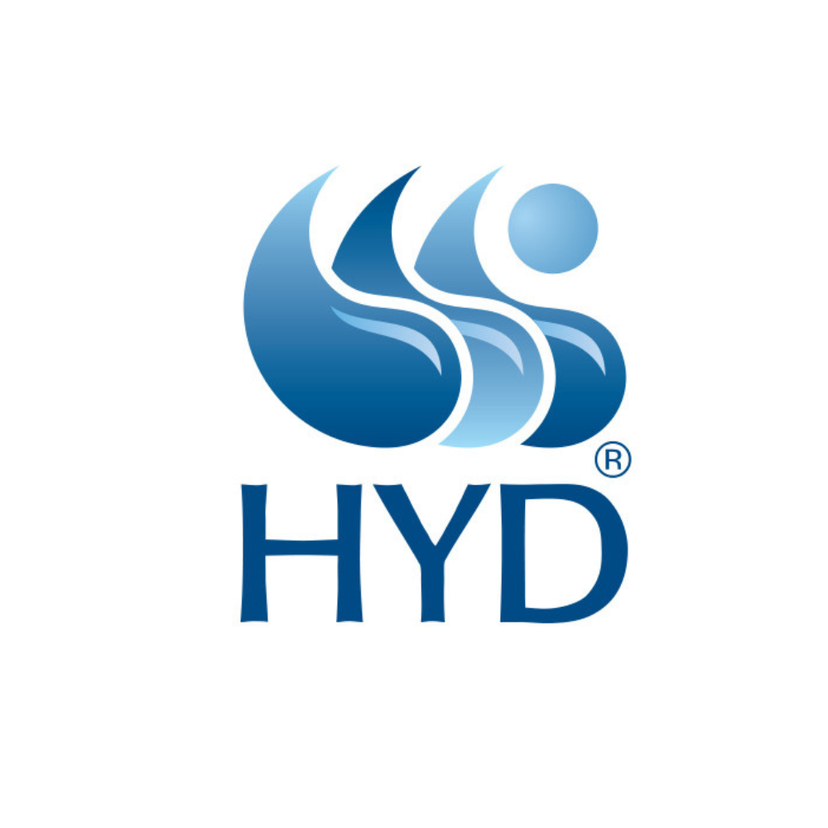Breakthrough result in Hungarian cancer research – Deuterium depletion as a complementary therapy can drastically reduce cancer mortality, increases survival probability
Hungarian researchers have published their latest findings in the prestigious international journal Biomedicines. They show that deuterium depletion, when used as a complementary therapy in cancer treatment, can significantly increase patient survival rates and reduce cancer-related mortality by 75-80%.
24 Apr 2025
According to the World Health Organization (WHO), one in five people worldwide suffers from some form of cancer, and by 2050, a staggering 77% increase in newly diagnosed cancer cases is expected.
HYD LLC for Cancer Research and Drug Development, has pioneered investigating the anticancer effects of deuterium depletion over the past 30 years, laying the foundation for a new pharmaceutical industry through its innovative work. Deuterium depletion offers a safe and novel approach to slowing tumor growth and improving treatment outcomes. The method is based on altering the ratio of the deuterium-to-hydrogen isotope pair. This sub-molecular regulatory mechanism primarily regulates cell growth, cancer development, and metabolism.
The most recent results from the Hungarian research team were published in the April 4, 2025 issue of Biomedicines. The study analyzed data from 2,649 cancer patients, focusing primarily on their projected survival. In this follow-up study, deuterium-depleted water (DDW) as a complementary therapy significantly extended patients' expected lifespans. Median survival, under the conditions specified in the publication, reached 11.6 years—nearly five times the 2.4-year median survival rate for the Hungarian cancer population.
The most significant outcome of the research is the potential for deuterium depletion to reduce global cancer mortality by 75-80%.
Further placebo-controlled clinical trials are needed to confirm these findings and integrate deuterium-depleted water into standard cancer treatment protocols. In addition to reducing cancer mortality, DDW could significantly increase life expectancy and prevent cancer.
The medical significance of the deuterium depletion approach is further underlined by the support of the European Commission’s Research Executive Agency (REA), which has granted €763,600 for the Aqua-Synapse research program launched in January 2023. This project investigates the effects of DDW on brain functions and neural networks, and their correlations with depression, metabolic disorders, obesity, and aging. HYD LLC. is part of the European research consortium, including the Lusofona University and the Institute of Molecular Medicine in Lisbon, the University Hospital of Würzburg, and the University of Oxford.
Want the latest science news straight to your inbox? Become a SelectScience member for free today>>
